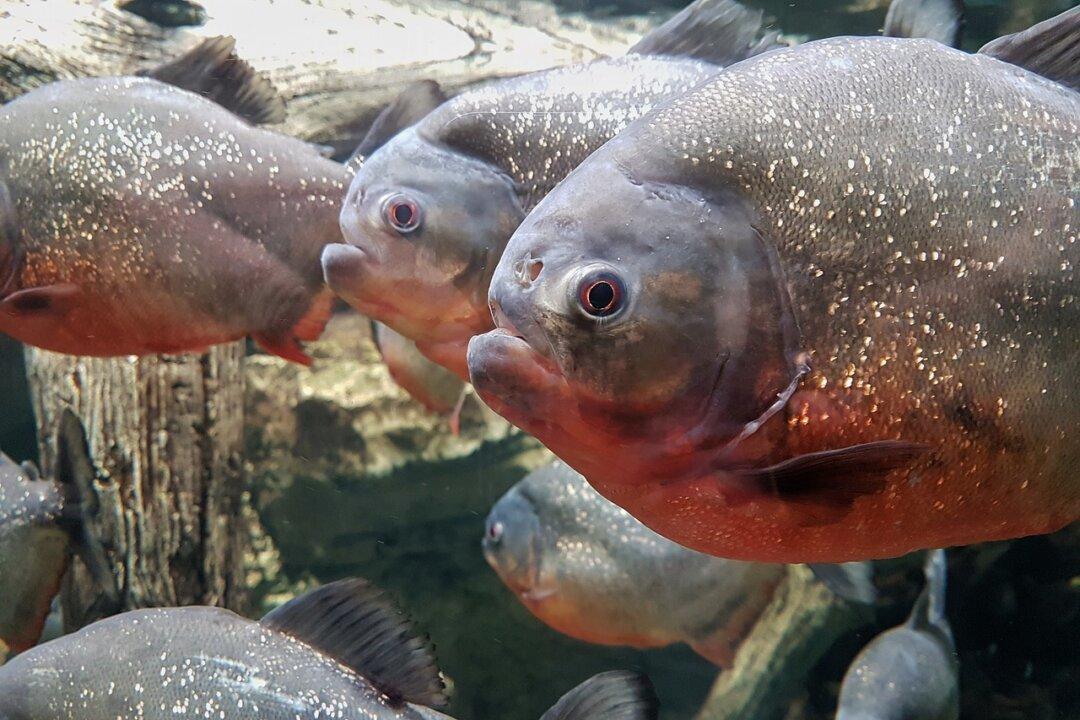Razor-toothed piranha have been found at a local beauty spot where teenagers swim and toddlers paddle, and where people say the ducks have been mysteriously disappearing.
Martinwells Lake lies to the southwest of the small English city of Doncaster—a long way from the tropical habitat of the piranha in the Amazon rainforest.





